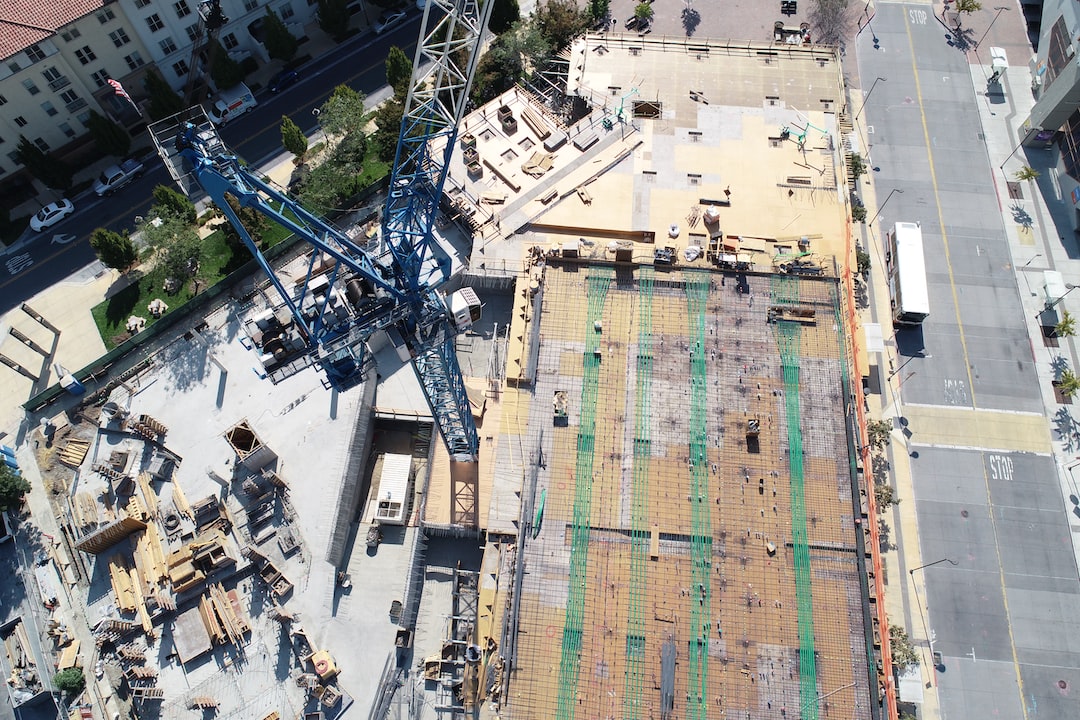Exploring the Advantages of Smart Grid Technology for Buildings
In today’s rapidly evolving world, the concept of a smart grid is gaining significant momentum, particularly in the realm of building technology. By integrating advanced digital communications and control systems, a smart grid allows for optimized energy management and enhanced efficiency. One crucial aspect that smart grid technology addresses is schalldämmung maschinen, which refers to the soundproofing of machines. Let us delve deeper into the advantages of smart grid technology for buildings, with a focus on noise reduction.
First and foremost, a smart grid enables enhanced monitoring and control of energy consumption within buildings. By utilizing real-time data analysis and automation, the smart grid optimizes energy usage at each stage, resulting in lower overall consumption. This reduction not only benefits the environment by reducing carbon emissions but also promotes financial savings for building owners. Consequently, this economic advantage enables the deployment of advanced soundproofing mechanisms for machines, thereby effectively addressing the issue of schalldämmung maschinen.
Moreover, the integration of renewable energy sources into the smart grid makes it more sustainable and environmentally friendly. Buildings equipped with solar panels, wind turbines, or geothermal systems can generate their own clean energy. When these renewable sources produce surplus energy, it can be fed back into the grid, making the entire system more efficient. As a result, the demand from conventional energy sources decreases, providing an opportunity to invest in soundproofing technologies for machines, ensuring optimum performance in achieving schalldämmung maschinen.
Furthermore, smart grids facilitate improved communication between buildings and utility providers. Advanced metering systems allow both parties to monitor energy usage and identify potential areas for optimization. Utility providers can offer suggestions to buildings on reducing consumption during peak hours or provide incentives for energy efficiency initiatives. This collaborative approach empowers building owners to invest in innovative solutions that not only reduce noise pollution but also contribute to enhancing schalldämmung maschinen.
Additionally, smart grid technology enables demand response initiatives, which actively engage consumers in managing their energy usage. By participating in demand response programs, building owners can adjust their energy consumption patterns in response to grid demands and pricing fluctuations. This flexibility creates an opportunity to schedule machine usage to non-peak hours, minimizing noise emissions during sensitive periods. Consequently, it significantly contributes to achieving effective schalldämmung maschinen within buildings.
In conclusion, the advantages of smart grid technology for buildings are vast and varied. From reducing energy consumption and carbon emissions to promoting renewable energy integration, the benefits are undoubtedly significant. Moreover, the smart grid’s ability to enhance communication, foster collaboration, and support demand response initiatives paves the way for effective noise reduction mechanisms such as schalldämmung maschinen. As the world embraces sustainable practices and strives for enhanced energy efficiency, smart grid technology undoubtedly emerges as a pivotal solution. Its profound impact on buildings and their soundproofing measures is undoubtedly shaping the future of noise control and fostering a more sustainable living environment.
************
Want to get more details?
TAL Systemtechnik GmbH
https://www.tal-systemtechnik.de/
+49 7731 68405
Byk-Gulden-Straße 36, 78224 Singen
TAL Systemtechnik GmbH – Wir produzieren und liefern Ihnen konfektionierte Dämmstoffe nach Maß, Akustische Dämmung zur Schallisolierung, den TL flexibler Abgasschlauch hitzebeständig und diverse Schallschutzvorhänge für die Industrie.


